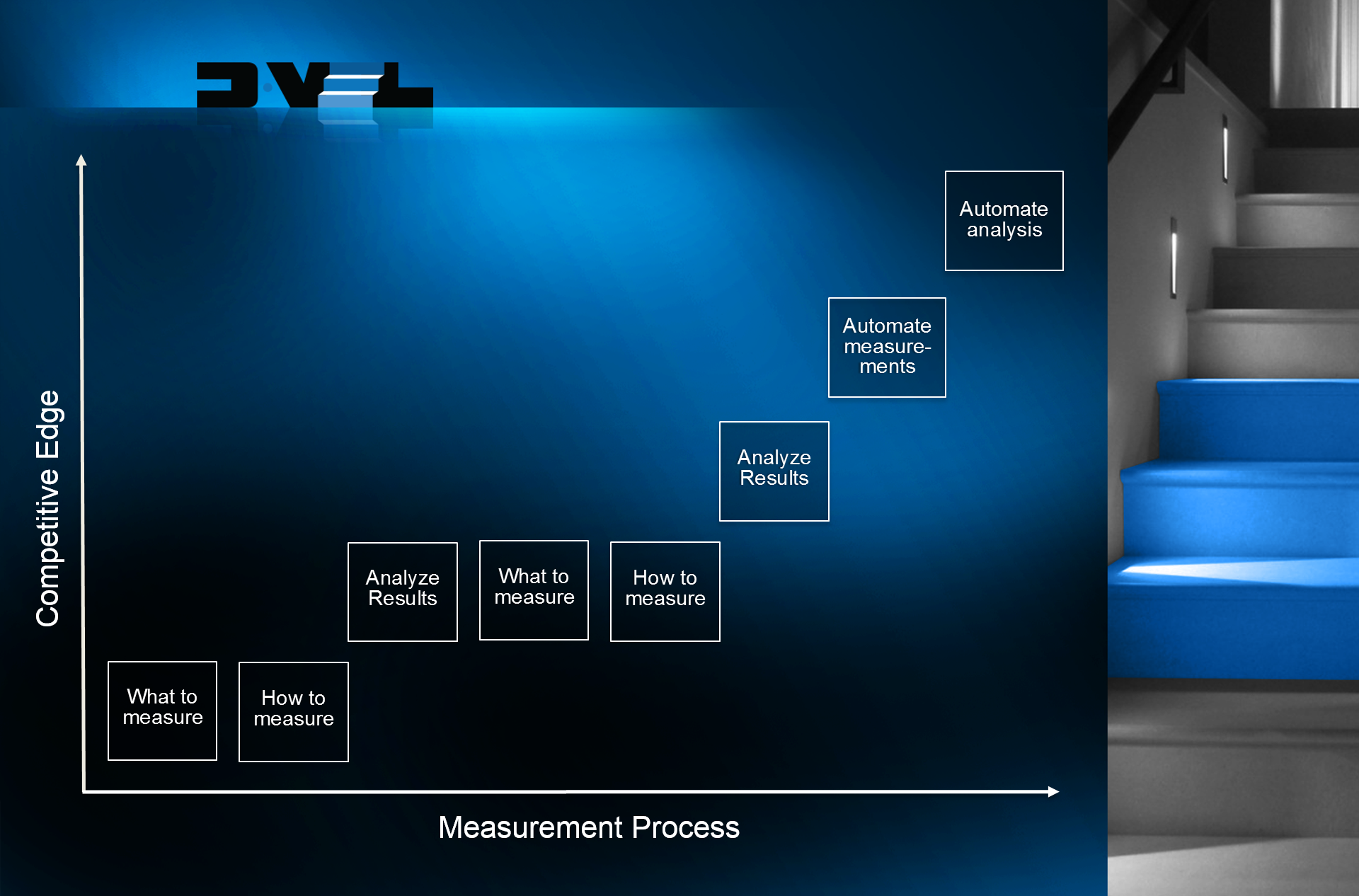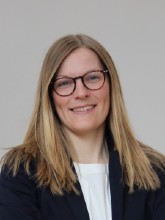
I read the expression “You treasure what you measure” in another article about a climate smart house. The house was equipped with an smart meter, Energy Watch, where the family could see how much electricity they were using broken down into household components. The family really treasured what was measured which motivated them to reduce their electricity consumption. When I saw the expression “You treasure what you measure” I realised this applies a lot to what we at DVel are helping our customers achieve.
It’s not just about measuring more parameters, it’s also about measuring the right parameters. The ones that will give you really useful information. You also have to be able to analyse the results and the meaning of them. This is very different from business to business. Both in aspects of what your product is but also on how mature your R&D department is and how far you have come in developing your quality assurance process. For some companies it’s about starting to measure. For others it’s about tuning what parameters to measure, taking the measurements more effectively or analysing the data in the right way.
The picture below shows an example of an evolving measurement process. The steps can be different. Finding the right parameters to measure is often an iterative process. After the right parameters has been found, both the measurements and the analysis of the results can be automated to gain even more from your measurements. This can also be done earlier in the process. If a flexible and scalable automated measurement system is used, it’s no problem changing parameters to measure after the system has been put in use.
So what will be gained by improving your measurement process? From your measurement results you will gain more knowledge of your product. You will get input to perform the right improvements to your product or your production process. You will get fast feedback on the changes that you’re making. All of this will improve your competitive edge, whether you’re developing that state of the art radio frequency chip or running a high throughput chemical plant.

Karin Hellqvist
CSO
